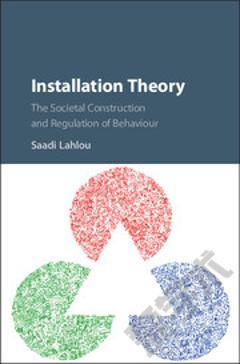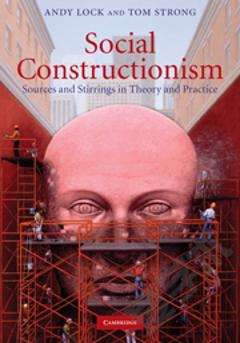Installation Theory: The Societal Construction and Regulation of Behaviour
Installation Theory: The Societal Construction and Regulation of Behaviour provides researchers and practitioners with a simple and powerful framework to analyse and change behaviour. Informed by a wide range of empirical evidence, it includes an accessible synthesis of former theories (ecological psychology, activity theory, situated action, distributed cognition, social constructionism, actor-network theory and social representations). 'Installations' are the familiar, socially constructed, apparatuses which elicit, enable, scaffold and control - and make predictable most of our 'normal' behaviour; from shower-cabins or airport check-ins to family dinners, classes or hospitals. The book describes their threefold structure with a new model enabling systematic and practical analysis of their components. It details the mechanisms of their construction, resilience and evolution, illustrated with dozens of examples, from restaurants to nuclear plant operation. The book also provides a detailed analysis of the processes of creation and selection of innovations, proposing a model for the maintenance and evolution of social systems.
{{comment.content}}








 京公网安备 11010802027623号
京公网安备 11010802027623号